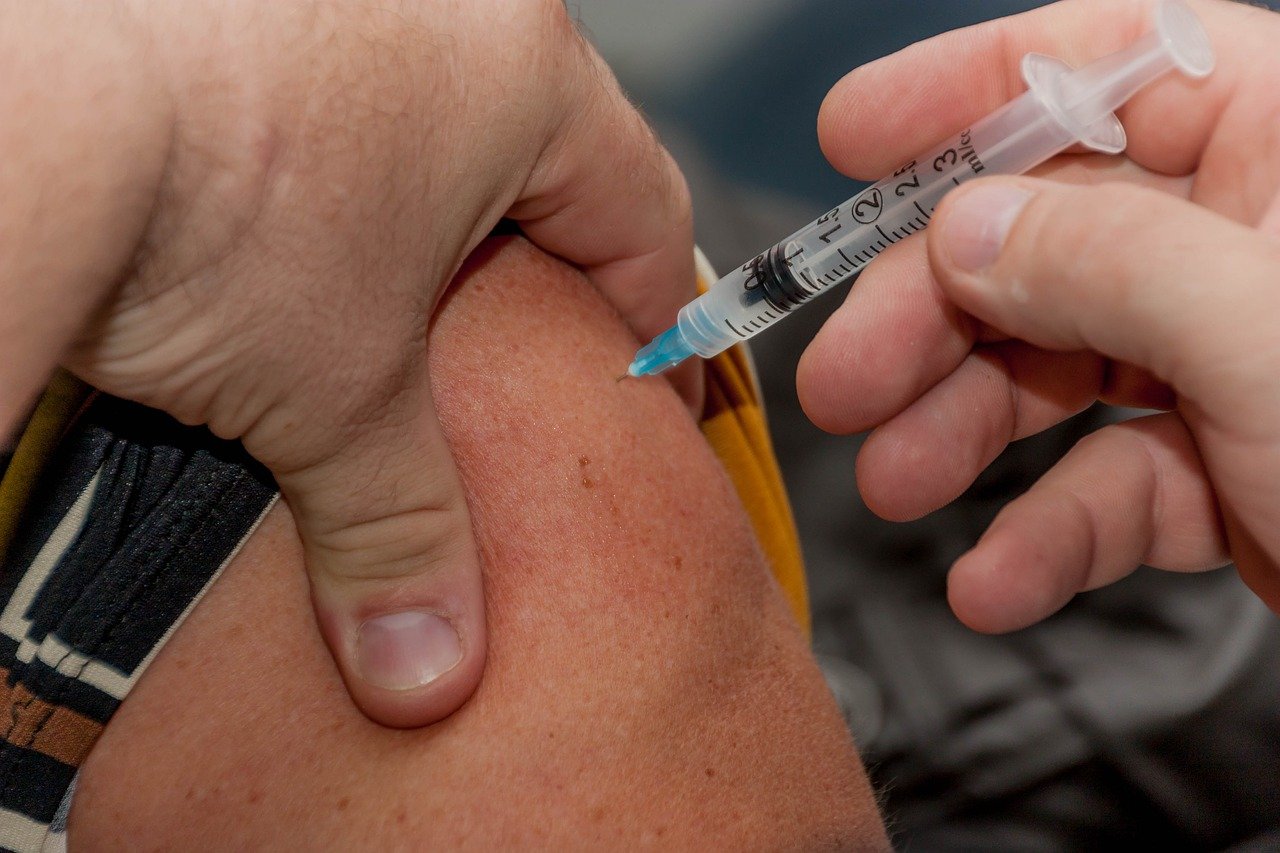
The Southern Health and Social Trust has rowed back after rejecting claims that carers and family members of housebound patients were being asked to collect flu vaccines, transport them home while keeping their vehicle cool at all times, then phone for a nurse to attend and administer it.
In an original statement, the Southern Trust dismissed the suggestion; however, the same day, a senior member of staff contacted a carer who raised concerns around the practice, confirming what they had been advised was accurate.
The carer, who wishes to remain anonymous to protect the identity of the patient, was given the instructions after enquiring about their Covid-19 booster and the flu vaccination.
She said: “My relative is bed-bound for the majority of the time due to a combination of her condition and the medication required to contain it.
“This is known by her GP surgery and other medical staff. It would be impossible to get her to a vaccination centre.
“She should have had her flu vaccination by now, and the Covid-19 booster has to come on top of that.
“On enquiring how about the flu vaccination to start with, I was advised to make an appointment with the GP for this.
“Then I was to collect the injection, [and to] transport it to my relative’s home in the car without the heat on, in order to keep it cool.
“On arrival back home, I was to phone the district nurse, who would attend the house within 30 minutes to administer the injection.”
In respect of the Covid-19 booster the carer was told their relative “was not considered ready at this time”.
This was put to the Southern Trust, who responded: “The Trust’s District Nursing Teams continue to deliver the Covid-19 booster to housebound patients following receipt of a referral from the patients’ GPs.
“The required dose interval is three months from second vaccine.”
The response added: “Patients/families are not asked to collect flu vaccines or Covid-19 boosters and transport them.”
This didn’t align with the carer’s concerns, so the Trust was asked if it disputed the practice has occurred.
Meanwhile, one carer directly contacted the Southern Trust Interim Director for Older People and Primary Care, setting out what had occurred.
The carer received a telephone call from a senior nursing officer who confirmed the practice was indeed in place.
Guidance on vaccine handling and storage in GP practices issued jointly by the Public Health Agency and the Health and Social Care Board states: “All staff involved in immunisation have a responsibility to ensure that vaccines are handled and stored appropriately.
“This is to reduce the risk of compromising the quality, efficiency and safety of the vaccine programme, and to improve the service for patients.”
The guidance states vaccines should be stored between the temperatures of 2 to 8 degrees celsius as “they may irreversibly lose their effectiveness if they are stored outside of the recommended temperatures”.
Those being transported – for example to housebound patients or other practices – should be in a validated cool box with temperature readings available on arrival at the destination.
Significantly, the guidance states: “If vaccines are stored outside of the recommended [temperature range] for longer than 20 minutes, this is referred to as a significant ‘Cold-Chain Breach’, and immediate action is required.
“Such vaccines should be quarantined in a working vaccine fridge until advice has been sought from Medicines Information in the local Health and Social Care Trust.”
Any Cold-Chain Breach of storage should be reported, as should instances in which patients were vaccinated from a significant Cold-Chain Breach.
Advice should be sought on reporting a Cold-Chain Breach as an Adverse Incident, as well as checking the requirement to revaccinate patients when a Cold-Chain breach has been identified.
A carer who refused to act on the instructions, due to concerns for the patient, said: “When the Trust first denied this practice, I began to question myself on whether I’d got it wrong. Then another carer was told it was accurate.
“I knew to reject this, but what about the people who don’t?
“We totally appreciate the stress and pressures medical staff are under, and their sterling work cannot be underestimated.
“But to set a practice in motion which clearly breaches their own health and safety guidance could compromise not just the vaccine, but patients.
“It also puts the onus for that responsibility on carers, which is extremely troubling.”
In a revised response, a Southern Trust spokesperson said: “Upon further investigation, we now understand that District Nursing staff had discussions with a family regarding them collecting a flu vaccine.
“A senior member of the District Nursing Team has since had a conversation with the family, and arrangements have been made for administration of the vaccine.
“Staff have been advised to escalate any issues regarding the collection/transport of flu vaccines to ensure these issues are appropriately resolved with minimal disruption to patients and their families.”





